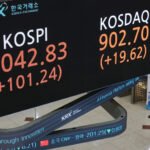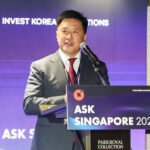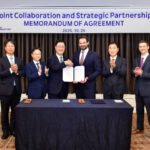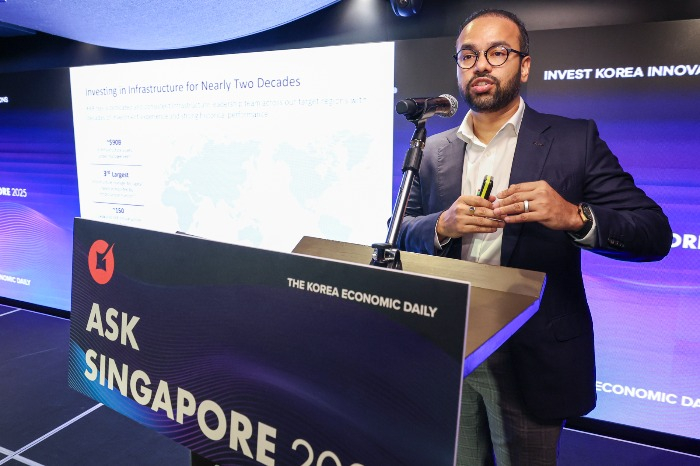
South Korea’s infrastructure sector is evolving beyond regulated utilities as private sector participation expands across key asset classes.
The shift is unlocking significant investment opportunities in areas such as waste management, digital infrastructure and energy transition facilities, Projesh Banerjea, managing director at KKR, said on Monday.
Conglomerates’ divestment of non-core assets is paving the way for carve-out deals, while the fragmented waste management sector is creating bolt-on acquisition opportunities.
To capitalize on these opportunities, strategic partnerships have become a key differentiator in the M&A market as corporate sellers increasingly favor solution-oriented sponsors over passive financiers, Banerjea said during a presentation at ASK Singapore 2025 on Monday hosted by The Korea Economic Daily.
“Corporate-led (deal) origination increasingly favors relationship-driven, bilateral transactions …. Relationships with strategics provide differentiated access to deal flow and generate execution certainty,” he noted.
Sponsors of private equity deals are also shifting from traditional “buy and hold” approach toward active operational involvement and value-creation strategy.
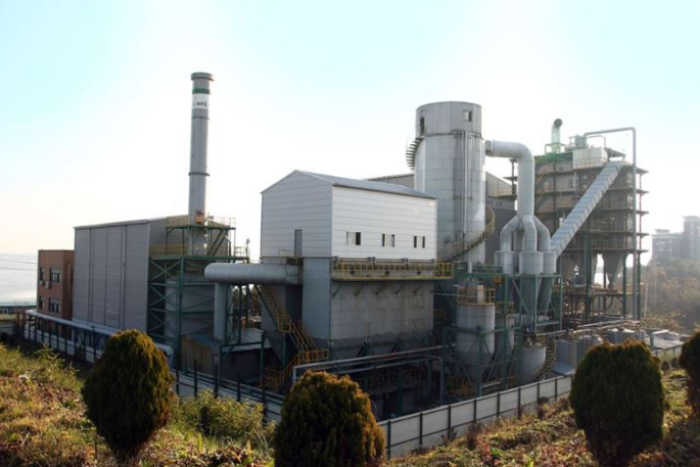
This year, KKR acquired the waste management and water treatment units of SK Ecoplant Co. in a deal estimated at $1.2 billion.
Banerjea cited policy visibility, contracted demand and scalable operator-led businesses as key factors underpining investment opportunities in South Korea.
He is optimistic about the Asian infrastructure market, which is less saturated and offers stronger growth potential, compared to developed economies.
The Asia-Pacific region contributes over half of global gross domestic product growth and accounts for 53% of global goods trade.
Rapid urbanization and the rise of the middle class are driving demand for infrastructure, while accelerating digitalization and the energy transition are fueling the need for new asset development, he added.
By Yeonhee Kim
yhkim@hankyung.com
Jennifer Nicholson-Breen edited this article.

